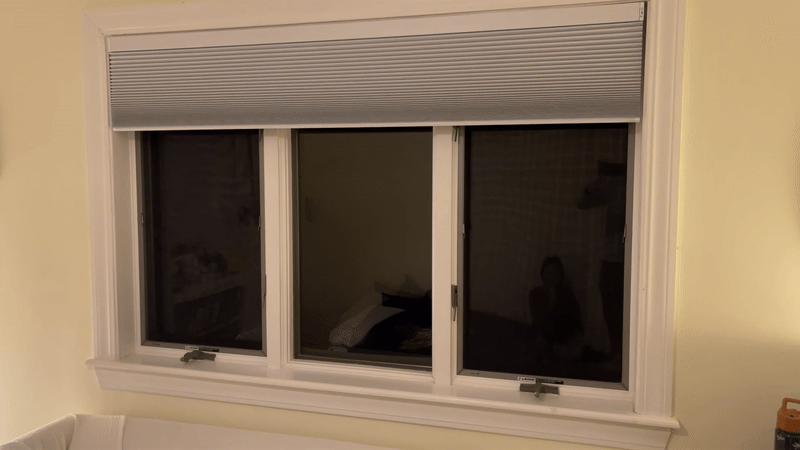As reported by Bloomberg, San Francisco is taking a stand against rent gouging. The city’s Board of Supervisors has approved a ban on software used by landlords to collude on rent prices. The ordinance targets software companies RealPage and Yardi. It aims to prevent the use of algorithmic devices that enable price-fixing and artificially inflate rents and vacancy rates.
This move comes amid growing concerns about the impact of these tools on the rental market. Investigations suggest that the pricing and occupancy recommendations made by RealPage and Yardi amount to illegal price-fixing. RealPage executives have even claimed that their software has driven double-digit rent increases and increased vacancy rates.
The White House and Department of Justice (DOJ) have criticized the use of algorithms to set rent prices. They state that it violates antitrust laws. Multiple lawsuits have been filed against RealPage and Yardi in various courts across the country. These include a class-action case against Yardi in Washington and consolidated lawsuits against RealPage in Tennessee.
The proposed ordinance defines “algorithmic device” as revenue management software that uses algorithms to analyze nonpublic competitor rental data. It prohibits the sale or use of such devices to set, recommend, or advise on rents or occupancy levels for residential rental units in San Francisco. Violators could face civil action and penalties of up to $1,000 per violation.
RealPage claims its software benefits both housing providers and residents. The company states it can be configured to comply with the new ordinance. However, it criticizes the San Francisco Board of Supervisors for “misplaced focus on nonpublic information.”
If approved, the ordinance would be the first local ban on software enabling price collusion among large corporate landlords. The ban is set to take effect after a final vote scheduled for September 3, 2024. Its potential impact on the rental market and future developments in other cities will be closely monitored.
Legal Context and Lawsuits
The fight against rent-setting software is playing out in courtrooms across the country. Multiple lawsuits have been filed against RealPage and Yardi, two of the biggest players in the industry.
As Arstechnica reports, in the US District Court for the Western District of Washington, a class-action case has been brought against Yardi and property owners. The plaintiffs allege that the use of Yardi’s software has led to artificially inflated rents and decreased competition in the rental market.
RealPage is facing numerous lawsuits that have been consolidated into a single case in a Tennessee federal court. These lawsuits make similar claims, arguing that RealPage’s algorithmic pricing tools have enabled landlords to engage in price-fixing and other anticompetitive practices.
The District of Columbia’s attorney general has also taken legal action, suing both RealPage and landlords who use the company’s software. The lawsuit alleges that the use of RealPage’s tools has resulted in illegal price-fixing and has harmed tenants in the District.
These legal battles highlight the growing concern over the use of algorithmic devices in the rental market. As more cities and states consider bans on rent-setting software, the outcomes of these lawsuits could have far-reaching implications for the industry and for tenants across the country.
Ordinance Provisions and Penalties
The proposed ordinance takes a strong stance against rent-setting software. It defines an “algorithmic device” as revenue management software that uses algorithms to analyze nonpublic competitor rental data. The purpose of these devices is to provide landlords with recommendations on whether to leave their units vacant or what rent to charge.
Under the new law, it would be illegal to sell or use such devices to set, recommend, or advise on rents or occupancy levels for residential rental units in San Francisco. This ban aims to prevent price-fixing and artificially inflated rents.
Entities that violate the ordinance could face serious consequences. They may be subject to civil action and ordered to pay damages, restitution, and civil penalties of up to $1,000 per violation. Violators could also be required to pay attorneys’ fees.
If the ordinance passes a final vote scheduled for September 3, 2024, it will take effect immediately. This would make San Francisco the first city in the country to ban the sale or use of software that enables price collusion among large corporate landlords for the purpose of rent-gouging.
Image credit: Wikimedia Commons





























